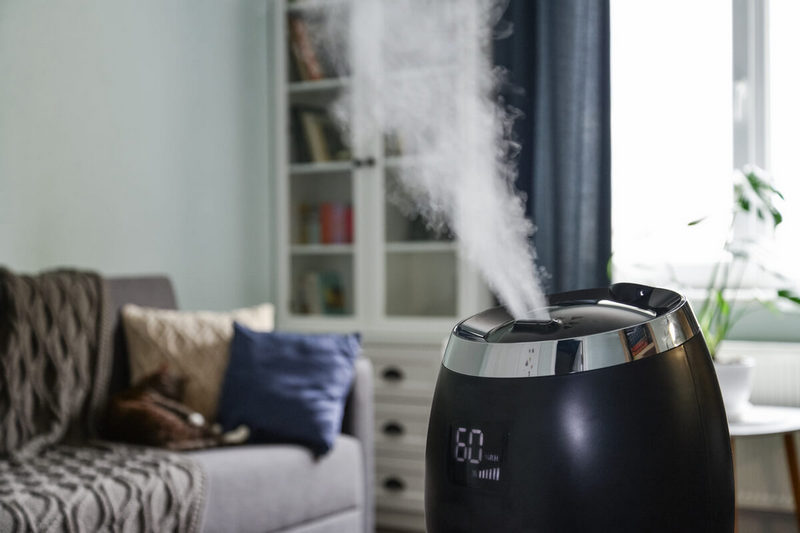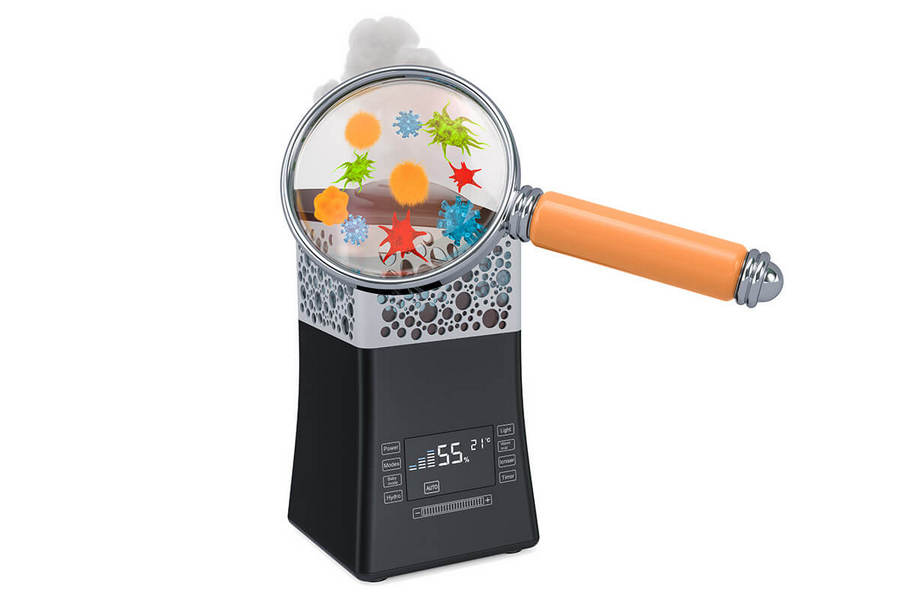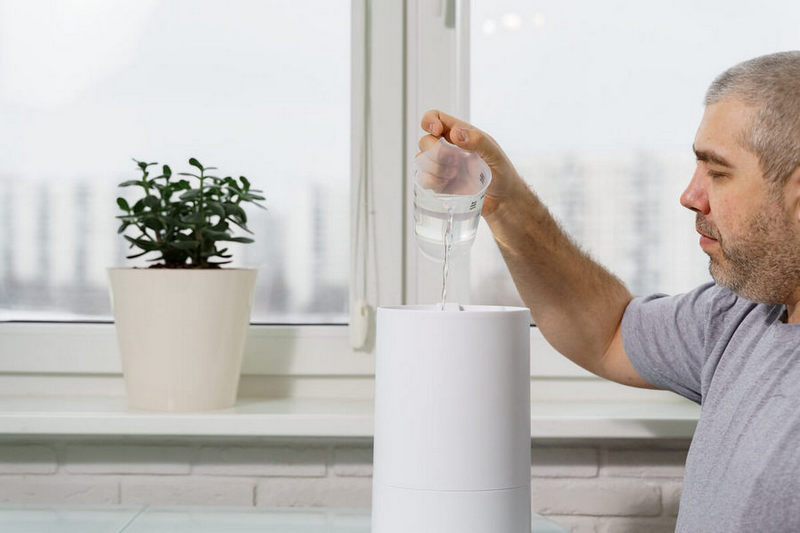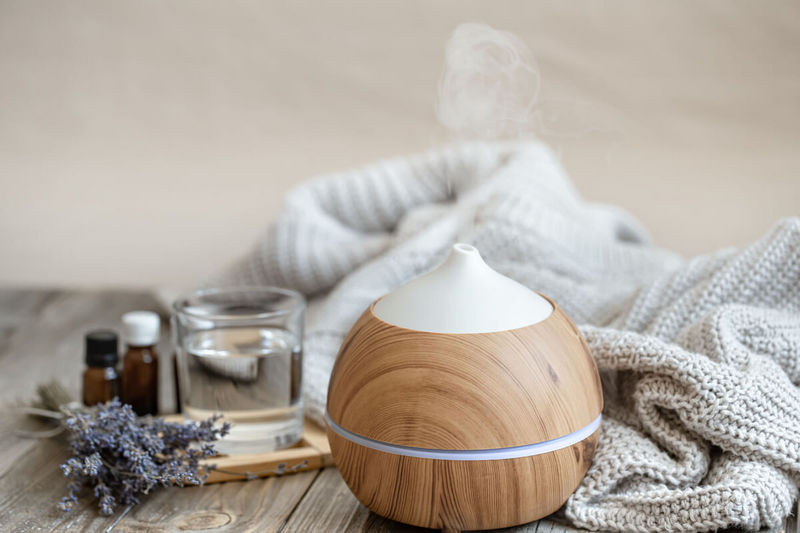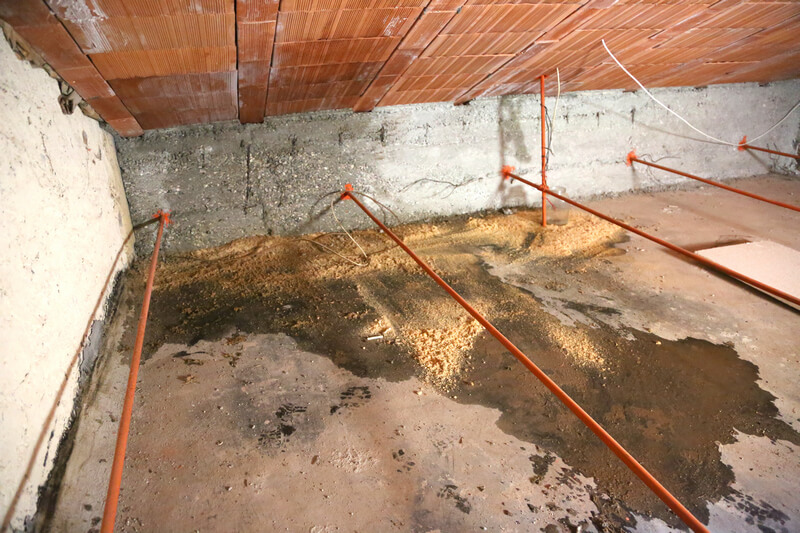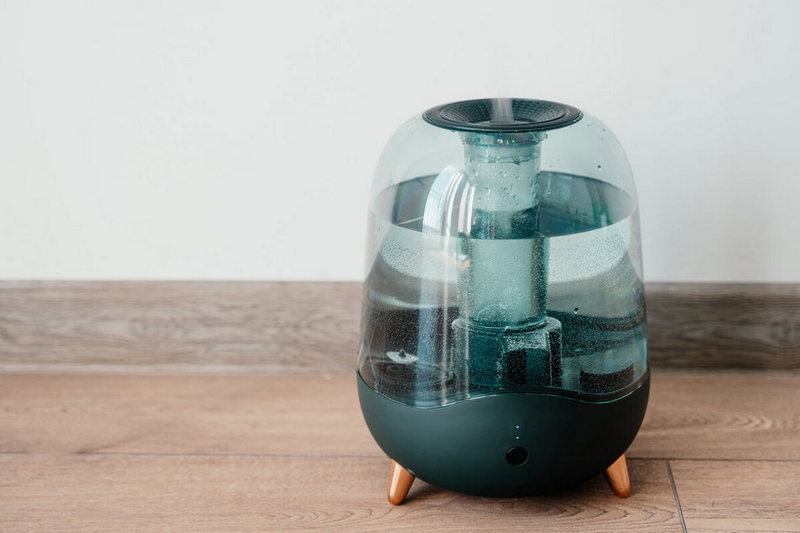There are many causes of a stuffy nose. Regardless of the causes, it’s definitely annoying and an inconvenience that ruins our day. Thankfully, there are ways we could soothe ourselves every time we get nasal congestion, and most of them can be done at home.
One of the best methods to relieve us is by using a humidifier or dehumidifier. They’re accessible and are simple to use, but to get the most out of these, you’ll have to know when and how to use them. If this is your first time using them, below is some basic information about using a humidifier or dehumidifier for stuffy nose.
What Is Nasal Congestion or Stuffy Nose?
Nasal congestion or a stuffy nose happens when the lining inside the nasal passage becomes swollen, making it hard for someone affected to breathe properly. This occurs every time the blood vessels become inflamed. The inflammation is caused by a lot of factors and would vary from light to severe.
The most common indicator that one has a blocked nose is when breathing through the nose takes an effort; sometimes, it becomes stuffy and runny too, causing the mucus in the nasal passage to drip. This may need you to blow your nose or apply menthol to help clear the passage.
What Causes a Stuffy Nose?
Getting nasal congestion is common, but its causes may vary. This can be from a common cold, flu, or sinus infection. There could be other reasons too, but these are usually what cause a blocked or runny nose.
For those who are much more sensitive though, sinus problems could occur because of other factors. This includes irritation from smoke coming from car exhaust or cigarettes and pollens or dust from the environment. Allergies can also result in a clogged nose and can take place when there’s an irritant in the air.
On other occasions, even using a nasal spray or medicinal drops without your doctor’s prescription may worsen stuffiness. Other times, pregnancy, nasal polyps, and vasomotor rhinitis congests the nasal passages that make the nose stuffy.
Usually, nasal congestion goes away on its own. Most of the time, it goes away within a week or so. If not, home remedies may alleviate the stuffiness or a visit to your doctor can help mitigate the severity of the congestion with prescribed medication.
How Does a Humidifier Help with Stuffy Nose?
The main purpose of a humidifier is to add moisture to the air. This reduces the dryness in the room by spraying a mist of water in the area. This creates a humid effect that can be beneficial for those who have a congested nose.
Dry air is linked with a variety of symptoms that are not only causing nasal congestion but headaches, runny eyes, achiness, and sniffles too. So, it’s common for people to use humidifiers for stuffy or runny noses sometimes.
It’s quite effective and does a great job at relieving congestion in a short period. However, it does not last long, so it has to be used frequently. By using humidifiers alone, one can already feel the benefits once the congestion is cleared out because of the moisture in the air.
The nose especially needs warmth and humidity for the air to pass through properly. With the help of a humidifier, dry places are moistened enough to lessen cases of sinusitis and allergies.
Related: Adding Vinegar to Humidifier Water for Congestion
What Kind of Humidifier is Best for Colds and Nasal Congestion?
When choosing a humidifier to help treat colds and nasal congestion, you simply have to pick the one that has the best features and value on the market. You can opt to pick the one with great reviews and that’s backed up by a trusted brand.
As per the type of humidifier, there are two that you should take note of – cool mist humidifiers and warm mist humidifiers. Now, there’s not enough data indicating which one is better as they give the same benefits of moistening the air. However, some prefer the cool mist because the warm mist may cause burns, especially to children or people who are at risk of burning.
Still, you can use this but with caution in mind. Just follow the instructions and don’t leave it unattended. It’s a great way to relieve nasal congestion, especially when adding oils or other medication to boost its effectiveness.
Read Also: Does a Cool Mist Humidifier Make the Room Cold?
Can a Humidifier Make Congestion Worse?
In some cases, yes, a humidifier can make congestion worse. How and when does this happen? Remember, a humidifier uses water to spray mist in the area. However, when this water is not clean or not managed well, it can cause more irritation and allergies that may worsen congestion.
First, you’ll need to keep the humidity level within 30-50 %. Less of it will result in dry air but more of it will also moisten the air too much, causing mold and bacteria to flourish. Check out our post on do humidifiers cause mold.
Then, you’ll have to clean the tank and filter. The water will eventually form minerals that allow bacteria to grow, same with the filters, so you’ll have to change this frequently as per instructed.
Recommend: Best Humidifier That Uses Tap Water
Is a Dehumidifier Good for Sinus Congestion?
A humidifier and a dehumidifier may be different, but they can have the same benefits too when it comes to clearing a blocked nose. The only difference is how they operate. While a humidifier is used to moisten a room, a dehumidifier does the opposite by drying a moist environment.
Dry air does not only cause allergies, runny nose, and nasal congestion. Too much moisture in the air can be the reason behind your blocked nose too. This is because dust mites, mold, and other allergens can thrive under such conditions, so you’d also want to keep your place dry enough as well.
With a dehumidifier that you can alternately use with your humidifier, you can keep a nice balance of humidity in your area, just enough for it to be beneficial for you. Just remember to keep your indoor humidity level within 30-50%, and you’ll have your nose relieved from sinus problems immediately.
Conclusion: Humidifier vs Dehumidifier for Stuffy Nose and Sinus Problems
When choosing which one is better, there’s no right answer for this because it would depend on the user. Some may have drier areas and others will have moist environments, so use any of the two according to how beneficial it is for you.
You can even alternate your humidifier and dehumidifier if your indoor humidity level fluctuates. Just make sure that you’re cleaning them both so that you can reduce the chances of having a bacteria buildup in the air.
It’s essential that you change your humidifier’s water and filter when needed and clean your dehumidifier from time to time to keep everything bacteria-free.


